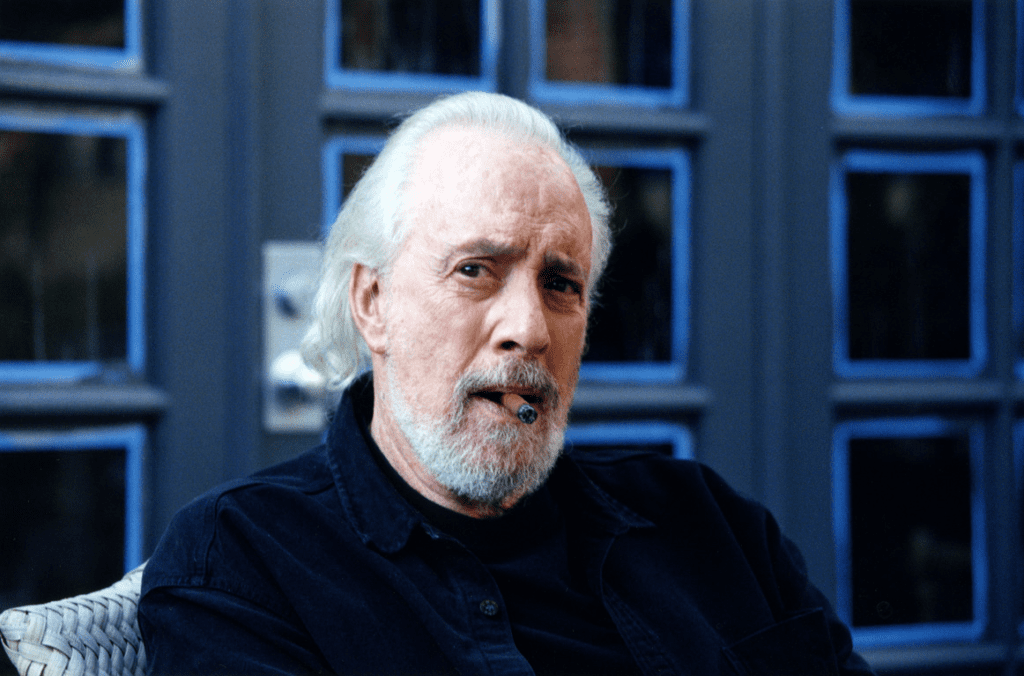Robert Towne’s legendary script for “Chinatown” is celebrated for its rich detail and brilliant twists, but the journey to create it was anything but smooth. Towne’s inspiration came from a comment by a Los Angeles cop friend who noted that Chinatown was a place where the law barely reached. This idea stuck with Towne and led to a grueling process filled with personal and professional challenges.
In his mid-30s, Towne was an established screenwriter living comfortably in Los Angeles. He had already made a name for himself through his work in television and film, collaborating with notable figures like Warren Beatty and Jack Nicholson. Towne’s reputation as a talented script doctor was solidified by his contributions to films like “The Godfather” and “Bonnie and Clyde.” Despite his success, Towne was driven by the challenge of uncovering the hidden corruption in his hometown, inspired by the real-life California water wars of the early 20th century.

Paramount Pictures, under the leadership of Robert Evans, saw potential in Towne’s vision and offered him $25,000 to adapt “The Great Gatsby.” Towne instead pitched his detective story set in 1930s Los Angeles, which Evans accepted despite not fully understanding the plot. Towne faced difficulties in writing his script, taking six months to complete a lengthy first draft tailored for Jack Nicholson as the detective JJ Gittes. The story revolved around corruption and violence in the city, culminating in a dark, shocking twist.
The collaboration between Towne and director Roman Polanski was fraught with tension. Polanski, who had returned to Los Angeles after the tragic murder of his wife Sharon Tate, found Towne’s script overly detailed and insisted on extensive revisions. The pair spent eight weeks revising the script, cutting down narration and adding a crucial scene set in Chinatown. Polanski’s insistence on a darker ending, reflecting his own personal losses, led to a final script where the heroine, Evelyn Mulwray, dies, leaving Gittes to confront the futility of his investigation.
The writing process was further complicated by Towne’s personal issues, including a significant cocaine habit that drained his finances. Jack Nicholson lent him money on the condition that he finish the script. Polanski and Towne’s disagreements continued, exacerbated by Towne’s dog and pipe-smoking habit, and Polanski’s distractions from frequent visitors.
Despite these challenges, progress was made, and filming began in October 1973. Towne was banned from the set, but he continued to review footage with Evans. There were doubts about the film’s success, but “Chinatown” ultimately became a critical and commercial hit, receiving 11 Oscar nominations and winning Best Original Screenplay for Towne.
Towne’s career continued with notable successes, including co-writing “Mission: Impossible,” but “Chinatown” remained his crowning achievement. His work in the 1970s, particularly with “Chinatown,” highlighted the gap between America’s self-image and the darker realities perceived by filmmakers, leaving a lasting impact on cinema.


